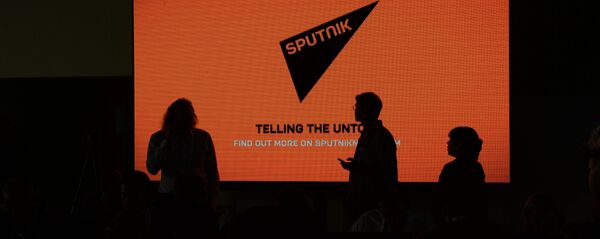"Instead of fighting for diversity of opinions and the absolute freedom of the media anywhere in the world, this kind of resolution in relation to the editorial line or journalistic profile of a news channel or agency only ties their hands and imposes a certain point of view," the Uruguayan politician said.
The Mercosur Parliament, also called the Parlasur, is the parliamentary institution of the South American Mercosur trade bloc. It was established in 1991 and has five members, Argentina, Brazil, Paraguay, Uruguay and Venezuela; Caracas joined the bloc most recently, in 2013.
Bolivia, Chile, Colombia, Ecuador and Peru are associate Mercosur members who may also hold seats in the Parlasur, but their MP's have no voting powers.
Caggiani is a representative of the Progressive Party in the Parlasur, and the Frente Amplio (Broad Front) leftist coalition in the Uruguayan parliament.
He said that rather than expressing concern about Russia, the EU Parliament "should be worried" about the activities of "some economic groups which control very important mass media."
"That is what should be a matter of concern for the parliament, which is supposed to protect democracy. Little diversity of opinion in the media jeopardizes a fundamental principle of democracy: freedom of expression," Caggiani said.
The EU parliament resolution regarding alleged "anti-EU propaganda" was approved on Wednesday by 304 votes to 179, with 208 abstentions.
The resolution, which was proposed by Polish lawmaker Anna Fotyga, equates news from Russian outlets such as Sputnik and RT, with propaganda from Daesh, Al-Qaeda and other violent jihadi terrorist groups.
In order to counter this so-called "propaganda pressure," the resolution proposes to reinforce the EU's "tiny 'strategic communication' task force" with up to one million euros ($1.06 million) to carry out media campaigns.




